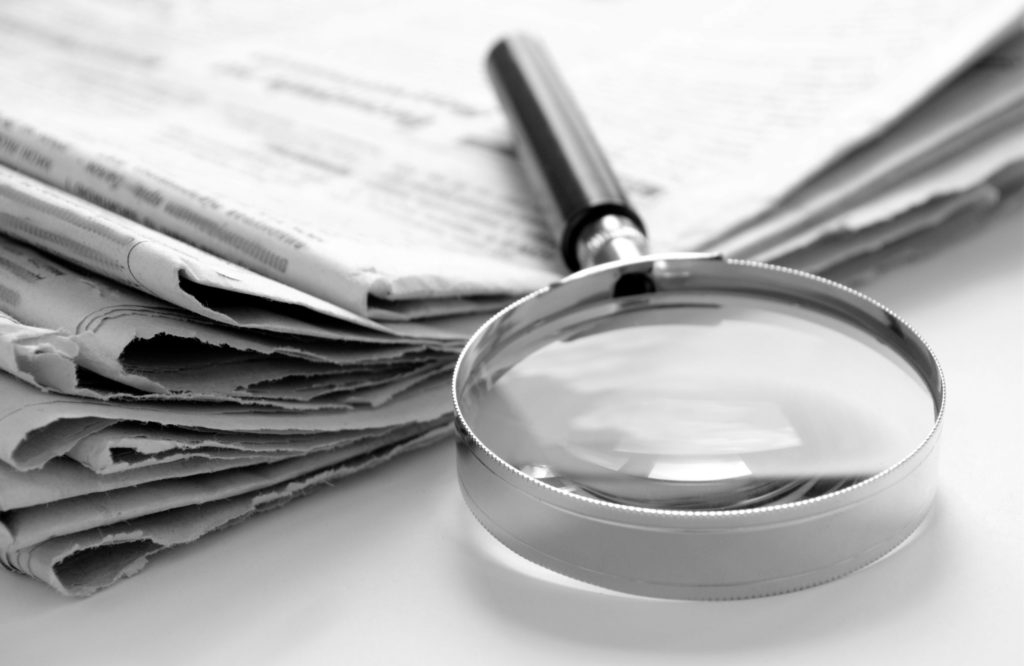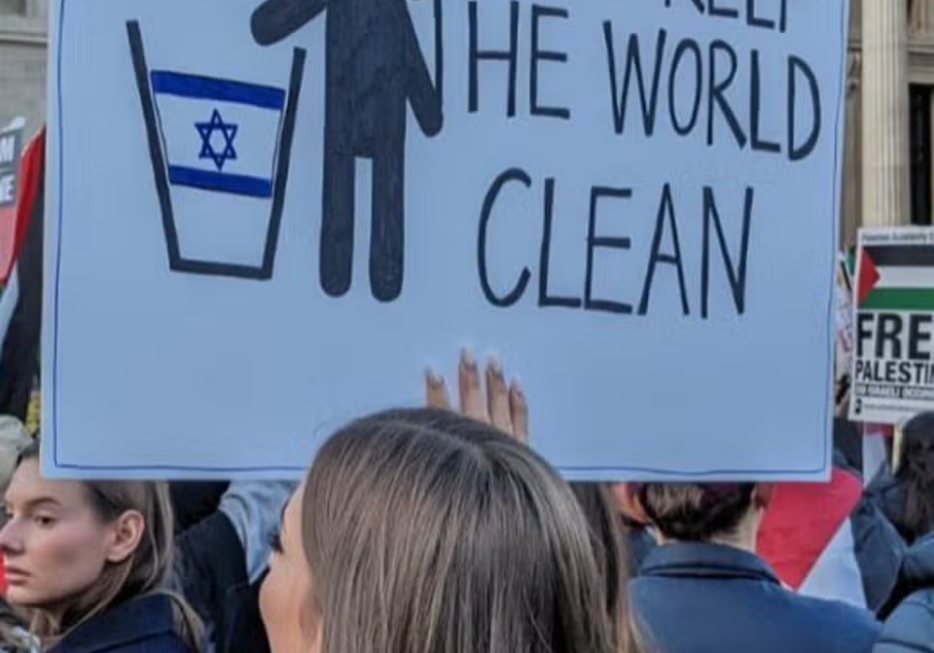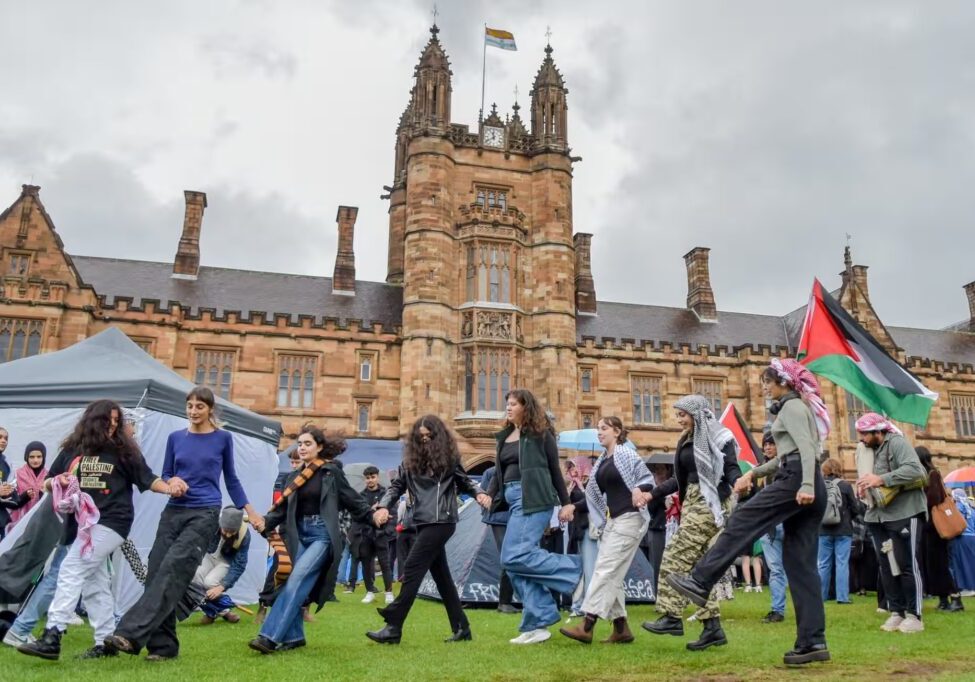Australia/Israel Review
Media Microscope: Between Jerusalem and Riyadh
Aug 2, 2022 | Allon Lee

Joe Biden’s first official trip to the Middle East since becoming US President was freighted with the foreign policy legacies of the Obama and Trump Administrations, and the strategic challenge of China, Russia and Iran working to dominate the region.
On ABC RN “Breakfast” (July 14), Dan Shapiro, President Obama’s former Ambassador to Israel, said the strategic aim of the visit included encouraging “recognition of Israel by Arab states who previously did not do so… [and] deepen[ing] Israel and US security cooperation… in the context of Israel now being included in… CENTCOM, the US military command… that oversees the Middle East.” He added that “the hope” is that this “will lead to an eventual integration of air defences [with Arab militaries] against the common threats… from Iran and its proxies.”
Jerusalem Post writer Seth Frantzman told ABC RN “Drive” (July 14) that the visit aimed to recalibrate the Democratic Party’s relationship with the US’s traditional Middle East allies – Saudi Arabia, Israel and Turkey – which “some key policy people around Obama, not necessarily Biden himself… chuck[ed] aside [to] mov[e the US] potentially closer to Iran or… out of the region in general.”
On ABC TV “The World” (July 14), the US Studies Centre’s Jared Mondschein said Biden has “not really back[ed] down from a number of the sort of steps that the Trump Administration took in Israel… there’s no question… the region is… more stable than it was before… Trump… The fact that Joe Biden is flying [directly] from Israel to Saudi Arabia is unprecedented… you could say that Saudi Arabia now is sort of a de facto signatory to the Abraham Accords. And again, that is a major pivot from where we were just ten, 15 years ago.”
Discussing the Administration’s relations with the Palestinian Authority, Israeli analyst Neri Zilber told ABC News Radio (July 15) “there are major disagreements… The Palestinians [are] angry and disappointed at the Americans for not delivering more in terms of a real political horizon and a resumption of peace talks and an end to the occupation… On the flip side, the Americans are making it very clear that while they support Palestinian aspirations and are striving to improve the daily lives of Palestinians here in the West Bank and the Gaza Strip… a peace process is not on the table at the moment.”
The Australian editorialised (July 15), that the Biden Administration “is paying a high price for the… neglect of the region” and needed to “make… it clear… to Israel and Saudi Arabia [it is] determined to end the US policy stasis and to fully re-engage.” Meanwhile, the Guardian Australia (July 21) warned that the US effort to “bolster ties between Israel and the Arab states… risks not only pushing Tehran closer to Moscow, but also heightening conflict… an arms race and long-term instability.”
On SBS Radio “Arabic24” (July 14), Ibrahim Qadan, a former member of the anti-Israel Sydney Centre for Peace and Conflict Studies, said the “the first and last goal of the visit is Israel” and claimed that settlements have made it impossible to establish a Palestinian state between the “river and the sea.”
There was also wide media coverage of Biden and Israeli PM Lapid’s signing of the “Jerusalem Declaration”, which deepens US and Israel security ties against Iran and commits to helping Israel retain its qualitative military edge. On SBS TV “News in Arabic” (July 15), Beirut-based analyst Tariq Aboud told the program “an alliance or bloc between Israel and the Gulf states will not protect Israel and the Gulf states from Iran. What protects the Gulf states is the cooperation between Iran and the Gulf states.”
The bulletin also noted Biden and Lapid’s virtual meeting with the leaders of India and the UAE as part of the new “I2U2” summit.
Media reports (July 17/18) of Biden’s visit to Riyadh focused on the Administration’s about face towards Saudi de facto ruler Crown Prince Mohammed bin Salman (MBS), who US intelligence has alleged ordered the gruesome murder of Saudi journalist Jamal Khashoggi in Turkey in 2018. Many reports said that when Khashoggi was raised by Biden in his meeting with MBS, the Prince asked why the US wasn’t investigating the death of Palestinian journalist Shireen Abu Akhleh, hit by a bullet during a firefight between Israeli forces and Palestinian terrorists on May 11.
On the ABC website (July 17), Stan Grant noted that the message Biden heard in Riyadh was “if he doesn’t see the potential of Saudi [Arabia]… China will.”
Tags: Australia, Media/ Academia






